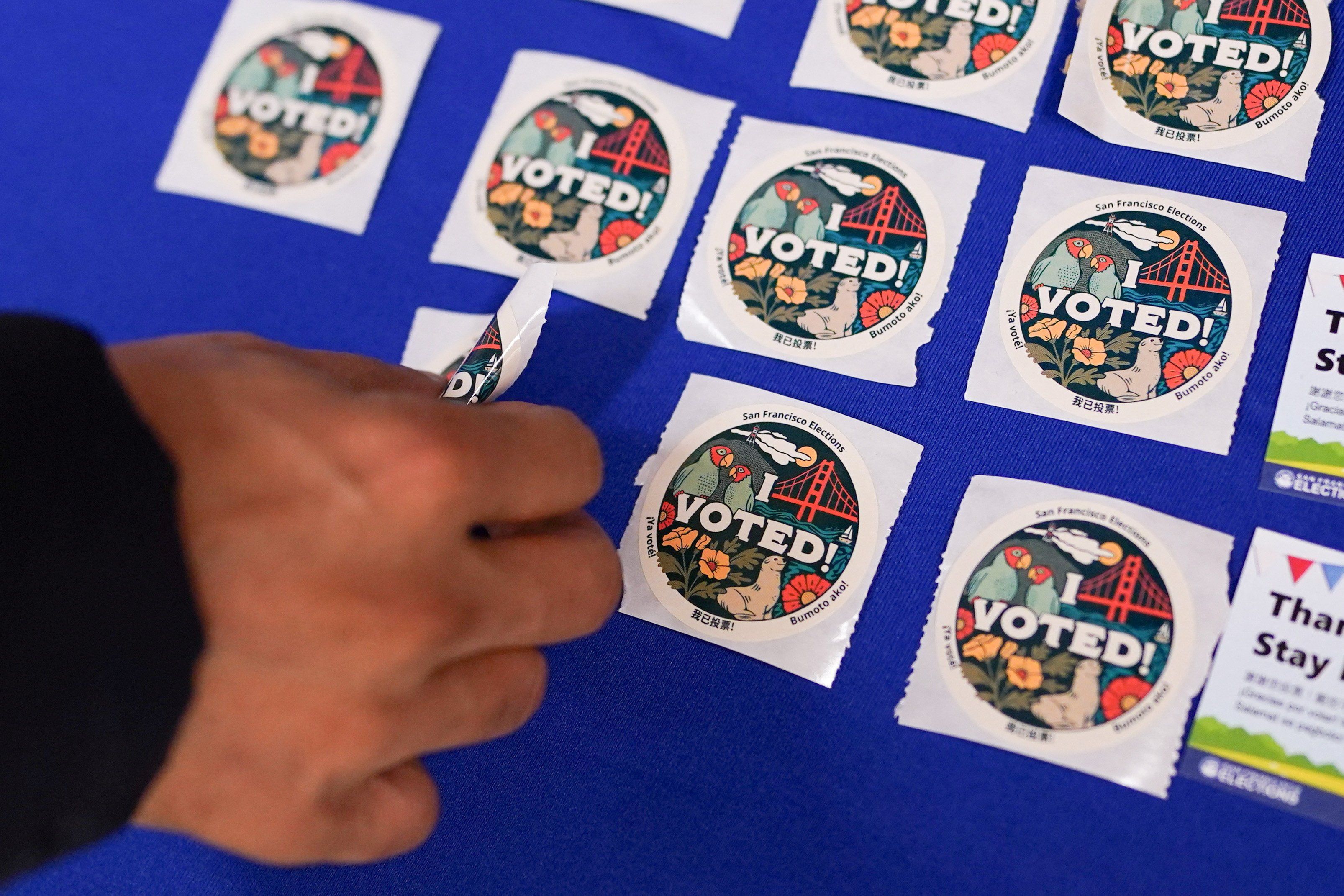Happy Super Tuesday! It’s the end of the beginning (or the beginning of the end, depending on your preferred candidate) of the 2024 election season. After tomorrow, when 15 states hold their primaries and approximately 36% of delegates are allocated,
Donald Trump and
Joe Biden are expected to have unbeatable leads.
Biden and Trump have swept the primaries so far, with Biden running unopposed by any major candidate and Trump beating his sole rival – Nikki Haley – in eight of the nine GOP primaries so far. Trump leads Haley by 201 delegates.
Wait, what’s a delegate? Americans don’t actually vote for presidents. Delegates do.
A ticked box for a candidate on a primary ballot is a vote for a delegate who supports that candidate and will vote for them at the party convention. In the primaries, candidates aim to gain enough delegates to clinch the nomination – 1,215 for the GOP and 1,986 for the Democrats this year.
Why does Super Tuesday matter? This year’s is worth tracking to see what is motivating voters. We’ll be watching to see if the trends in the early primaries continue like Democrats voting against Biden over US policy in Gaza, or if he continues to lose support among young Black and Hispanic voters.
SCOTUS gives Trump the green light. Trump’s legal woes were the greatest threat to his nomination until the Supreme Court ruled on Monday that the 14th Amendment does not give states the ability to bar Trump from the ballot and decided to hear his appeal on presidential immunity – delaying the DC Federal indictment until at least June.
With Trump free of any immediate threat of criminal indictment, he has the potential to be an even bigger threat to Biden, especially among moderates in swing states. Trump is currently seen as more trustworthy than Biden on economy, immigration, and crime, the biggest issues for moderate voters in swing states.
According to Eurasia Group’s US director Jon Lieber, Trump is looking like the new favorite to win the general election.
“It is hard not to look at the public opinion data, Biden‘s low approval ratings, and the fact that his biggest liability – his age – is only going to become more of an issue through the eight months of a difficult campaign, and not see that Trump is the favorite right now.”
